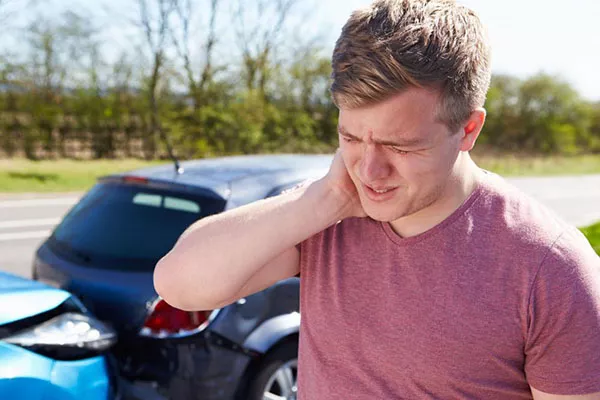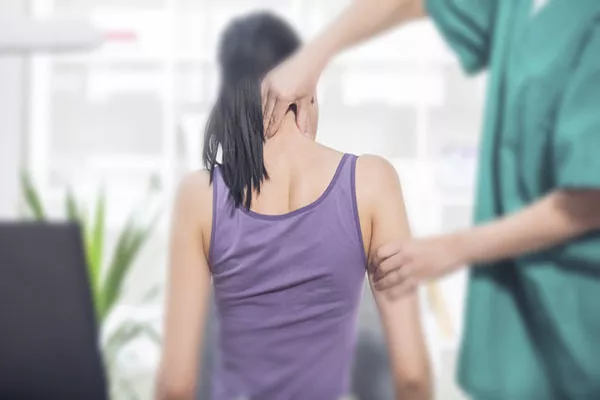You are calmly driving down the highway or countryside, feeling relaxed, going somewhere out of the radar to unwind or do some soul searching. After a few minutes, out of nowhere, you just feel a strong impact hitting the back side of your vehicle, prompting you to almost hit your head on the steering wheel and your passenger almost hitting the glove compartment. What did just happen?
Let’s face it, no matter how a responsible driver you are, there will always be other drivers and pedestrians out there who just don’t care. Besides the discussion how the responsible party’s insurance will cover the costs of your car repairs, there’s one more important thing that you have to focus on - your health. Just because you feel okay after an accident, regardless if it’s minor or major, doesn’t mean you’re totally okay.
You could just be feeling okay because of the adrenaline rush, but there could be some underlying symptoms that need to be taken seriously. And whiplash is one of the most common after-effects of an accident.
>>> Read more:
- 4 rules to avoid car accidents when parking
- How to keep your kids safe in car
- 9 things to do in the event of a car accident
1. What is Whiplash?
Whiplash – no, we’re not talking about the villain in Iron Man 2 movie. We are talking about Whiplash, the after-effects of a sudden, backward and forward movement of the head with a strong force. This not only happens during rear-end car collision. According to Healthline.com, Whiplash can also be brought about by physical abuse, injuries occurring in sports activities or even those fun amusement park rides.
Whiplash as explained by Healthchanneltv / cherishyourhealthtv
2. Whiplash Symptoms
You should observe whiplash symptoms within a 24 hour period after the incident. These are the symptoms you should take note of:
2.1. A headache, mostly at the base of the skull
You may feel your head pounding after an accident due to the sudden and forceful head movement.

You may get a headache after an accident
2.2. Neck Pain and Stiff Neck
Since your neck was somewhat extended and strained at one point during the impact, you may also feel pain and difficulty moving your neck.

Neck pain and stiff neck are common signs post accident
2.3. Dizziness
Since your head got somewhat ‘shaken’, you may feel a dizzy onset of the accident.

Since your head got somewhat ‘shaken’, you may feel a dizzy onset of the accident
2.4. Feeling Tired
You may also feel intense body pain after a collision, inducing a feeling of exhaustion.

You may also feel intense body pain after a collision
2.5. Blurred Vision
Comes with the head impact is a blurred vision post-accident.
The above symptoms may not seem to cause you any worry, as the symptoms are very common. However, you know your body more than any doctors do. So, if you feel that the symptoms listed above are spreading down to your shoulders or arms or you are having a hard time moving your head and you feel numbness in your arms, you should go to a doctor right away.

Comes with the head impact is a blurred vision post-accident
3. Whiplash Treatments
After seeing a doctor, he or she may prescribe some painkillers to help you cope up with your aching head, body and neck. The doctor may also want you to take some muscle relaxants to soften your stiff muscles.
If you went through a stronger impact and the effects are adverse, he may ask you to undergo physical therapy too or wear a neck brace or collar until you are fully recovered.

You may have to undergo physical therapy or wear a neck brace
4. What Can You Do To Protect Yourself In Case of Road Accidents?
Video courtesy of Lifestyle Chiropractic
>>> Click here to get more useful tips and advice for all car owners
Recent posts
- can exclusive motorcycle lane reduce accidents Oct 25, 2022
- ambulance accident EDSA Aug 27, 2021
- Top 10 car accidents which have never been unraveled (Part II) Nov 15, 2022












